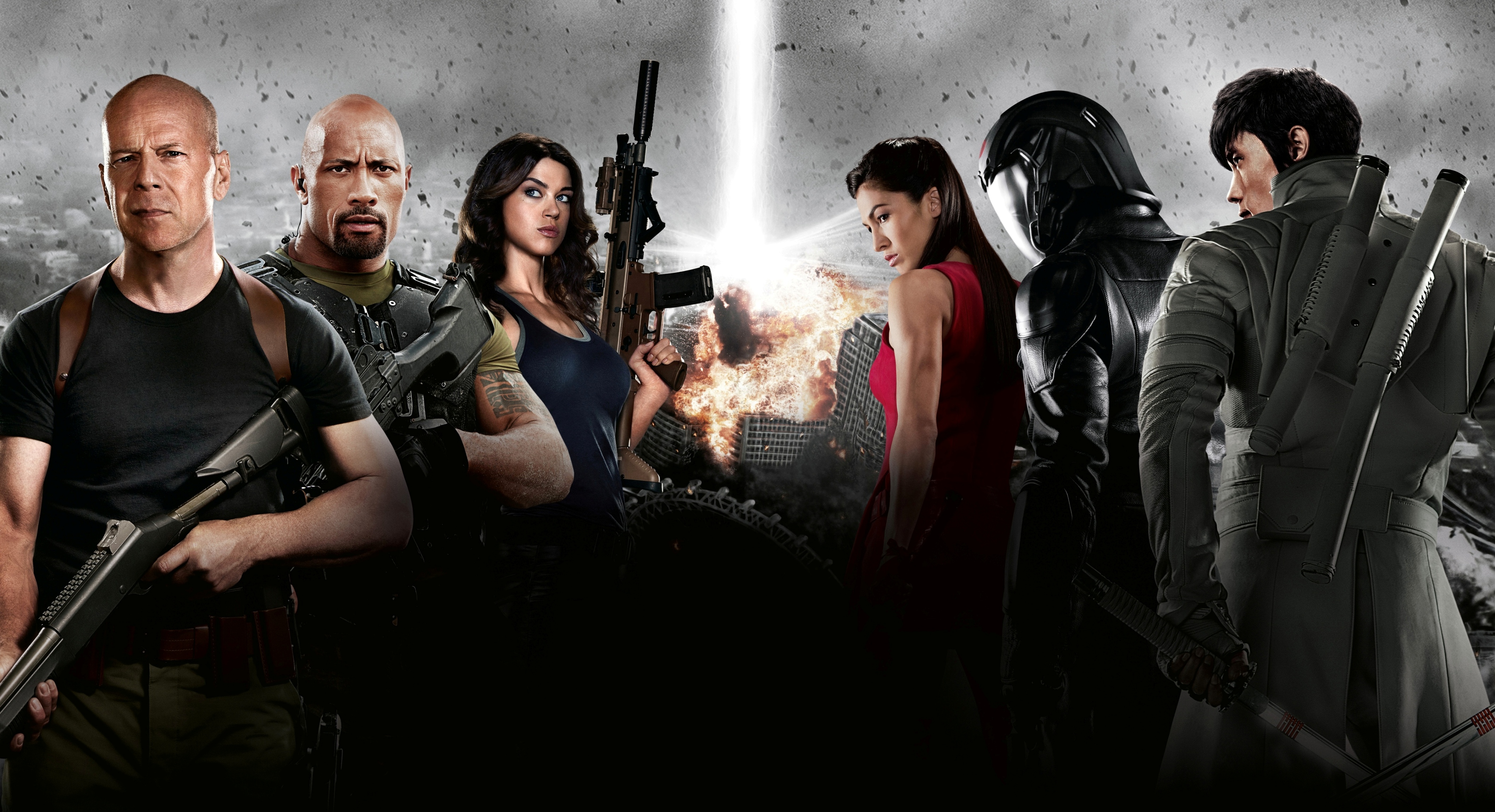By Hope Madden
It is officially baseball season. As a Cleveland Indians fan, I know that this will likely mean pessimism followed by spurts of joy and confidence, crushed mid-season and turned to heartbreak. (The difference between being a Tribe fan and a fan of any other Cleveland team is that tiny glimpse of optimism and joy.)
I can remember when those positive feelings followed the whole season long. Hell, I can remember when we did well season after season. Sigh. Now it’s mostly heartache and embarrassment, and sometimes it doesn’t even have to be baseball season.
Like, say, that time years ago when I visited my dad in Alabama. He’d arranged for me to meet up with his friend Randy Trailwalker one afternoon.
Randy made a living selling handmade goods at pow wows around Alabama and neighboring states. My dad had promised my son Riley I’d bring him back one of Randy’s coolest items. Dad thought Riley would be excited.
He was correct – Riley, then about 7, wanted a dreamcatcher.
I welcomed the chance to escape Dad’s place for an afternoon. I’m not saying I’d grown tired of the Game Show network or anything. I can watch Match Game episodes from 1960s at top volume all day long. But a few Gene Rayburn-free hours to talk at normal volume and peruse handmade arts sounded great.
Randy was awesome – incredibly nice and eager not to sell me ready-made gifts, but to teach me how to make them so I could teach Riley to make his own. Fun!
I made a dreamcatcher and I did not suck at it. We used really nice materials – turkey feathers, handmade beads, assorted groovy whatnot. Randy patiently walked me through the steps, then bagged up identical materials so Riley could make his own. Then we made a bravery bracelet, and bagged materials up for Riley. We also made some kind of fantastic necklace. Basically, I got carried away before I thought about price.
Randy insisted on taking no payment because he was so fond of my dad. I’d been warned this would happen, and my dad made me promise not to take advantage of his friend and to insist even more strongly that he accept payment. Which I was prepared to do. Sort of.
Randy was not about to tell me how much all this was worth, but even a dimwit like myself realized we’d far outreached the $20 I’d brought along. I decided to quietly leave a check behind.
Classy, right?
Then I remembered.
I have Cleveland Indians checks. Big ol’ smiling Wahoo face right in the center.
It really does sometimes feel like a curse.









